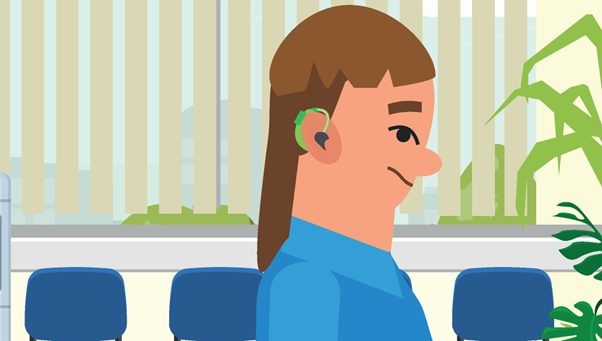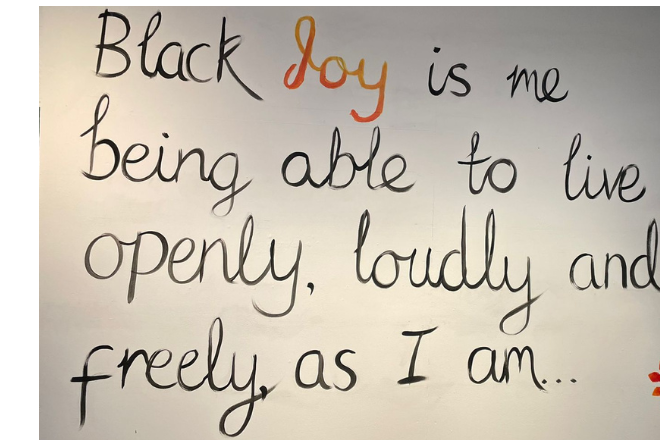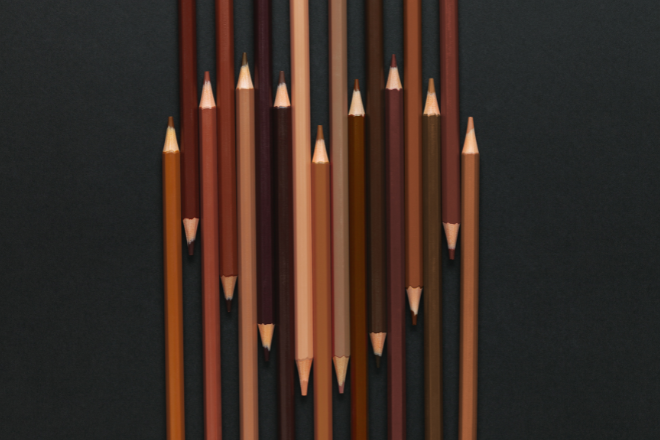Date of publication: 14 December 2020
Visualise this…
The building is intimidatingly grand and important. She is ushered into the room where the people with the power are already waiting. The room is similarly intimidating – dark wood panelling adds to the formality. Her seat is already placed centre stage so that everyone can see her. She has never met any of these people before and has no control over the proceedings or what will be discussed. She has a few minutes to get her point across, knowing that this is her only chance to be the voice for the many people who don’t have access to these rare opportunities. She feels the pressure of having to choose her words perfectly, to ensure that her short time slot communicates enough power and meaning to make a small dent in the rigid system.
So – where is this? It reminds me of many meetings I have attended as a public member. It reminds me, unfortunately, of a few hospital appointments. It also reminds me of some conferences that I have spoken at. Thankfully, I have also attended many other events where this scene, and its oppressive elements, are totally absent. The scene is, in fact, a scene from the 2015 film, ‘The Suffragette’. It is the scene where Maud Watts (a fictitious suffragette character) attends a parliamentary committee, chaired by Lloyd George. She is asked questions about where she works, and then asked what the vote would mean to her. She is hesitant and doesn’t know what to say but replies: ‘that there is another way of living this life’. In that pressured moment she sums up the reality of women’s lives.

When I watched this scene during the film I was taken aback. It reminded me very strongly of various patient/public meetings and events that I had attended. The intimidating venue, the feeling of being an outsider to a powerful network of people, the pressure of knowing that this brief opportunity is my only chance to get my point across and I’d better get it right first time. It made me think about what more we can do to make coproduction, engagement, collaboration more real and accessible. Do we need to ask ourselves some very difficult questions? Is the venue the most welcoming? What are the power dynamics in the room? Who has control over what is happening? Is it fair to condense the patient/public voice into a straight jacketed opportunity? The formality of many opportunities perpetuates barriers which exclude many people. Let’s not kid ourselves that some groups are ‘hard to reach’, ‘less often heard from or listened to’, ‘seldom heard from’ (or whatever term it is that is being used) when we are actively ostracizing them.

I have also often noted similarities between social movements like the Suffragettes and patient/public involvement in health and social care. Patient/public voice has often articulated the need for ‘another way of living this life’, especially for people with disabilities whose lives are straight jacketed by policies and guidelines which hinder their lives rather than help them. The arguments for not giving women the vote were also similar to some arguments for not collaborating equally with patients/carers/public: they won’t understand, they will be too emotional, it will cost too much money. As I said before, thankfully I have worked with some excellent organisations who are continuously working hard to develop equal partnerships (including the Co-Production Collective), but sadly this is not yet the norm. Let's be more honest with ourselves about how we are doing in terms of co-production. What would the ghost of co-production future say to us about where we are heading? Let's support each other in nurturing the evolution of co-production.
Help us make a change
If Mandy's story has inspired you, get in touch with us by email (coproduction@ucl.ac.uk) and share your ideas about equal partnerships and breaking down barriers to authentic collaboration. And if you would like to find out more about co-production, come along to one our free sessions open to all. The next session is about Co-producing our website and is on 7 January at 14:00 UK time via Zoom and you can sign up simply by emailing us at coproduction@ucl.ac.uk
Stay in touch with the Co-production Collective and follow us on Twitter





.png)
.png)

.png)

.png)
.png)

